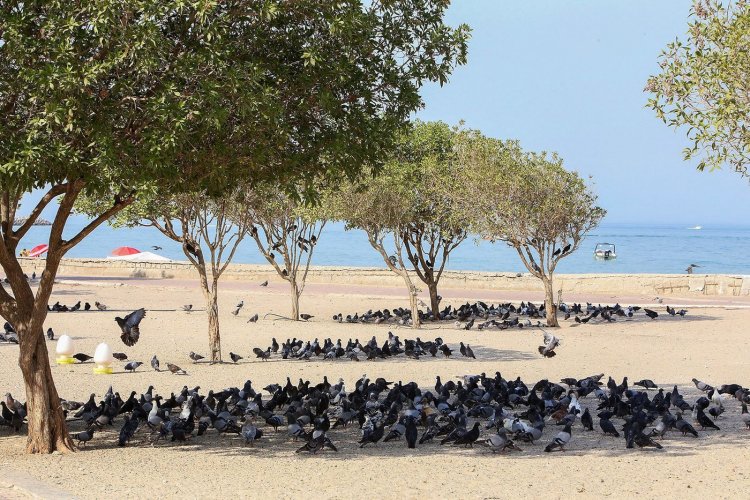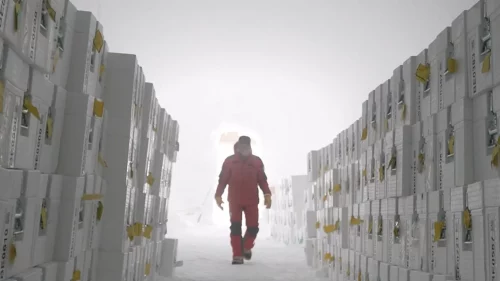In the Spanish city of Alcalá de Henares, 100 km from the capital, they came up with an original way to fight the heat: local authorities want to equip the so-called mobile "climate islands" – mobile complexes with vegetation.
About this writes The Mayor.
Since the historical center of Alcalá de Henares is under UNESCO protection, as well as due to the peculiarities of the landscape and architecture, it is simply impossible to plant new trees here that would provide the townspeople and tourists with a shade.
"These state-of-the-art climate islands are self-sufficient mobile complexes based on plants that will provide up to 50 meters of shade in areas with the least vegetation and will be equipped with sensors to constantly analyze temperature, humidity and air quality, ensuring self-management and irrigation efficiency," said Isabel Ruiz Maldonado , first deputy mayor and adviser on tourism of this city.
The authorities plan to place said "climate islands" in the Plaza de los Santos Niños, a treeless square in this part of the city, as a way to quickly and efficiently transform the "heat island" into a "climate shelter". These climate stations will be connected to the Smart Tourism Center of the city of Alcalá de Henares, which will manage them.
The "Climatic Islands" are part of the Alcalá de Henares Tourism Sustainable Development Plan and have a budget of €400,000. However, it is not yet clear when they will start functioning.
We will remind that Spain, as well as a number of other countries periodically cover waves of abnormal heat , caused by global warming.
Also the other day EcoPolitic reported that, according to scientists, 2024 can be the hottest year for the world.





